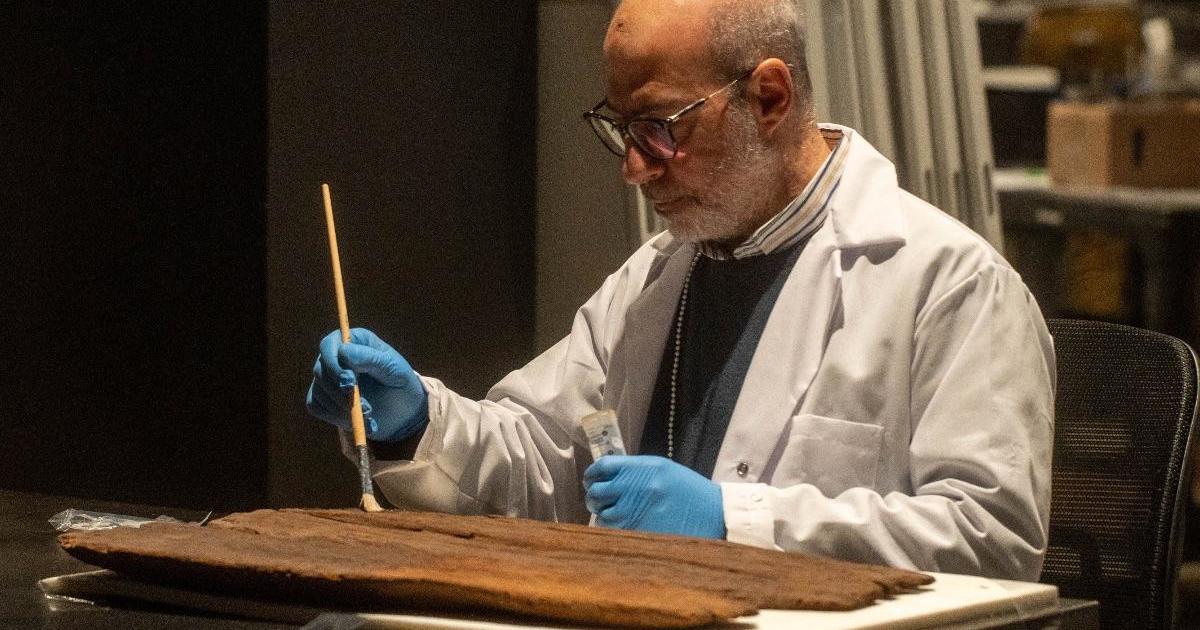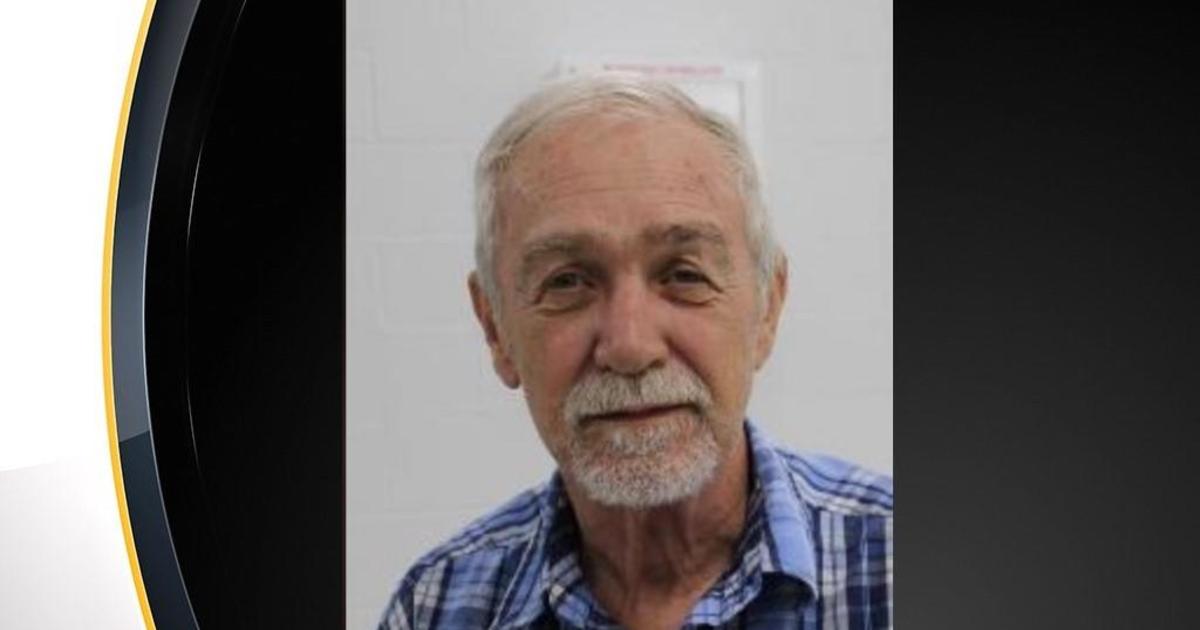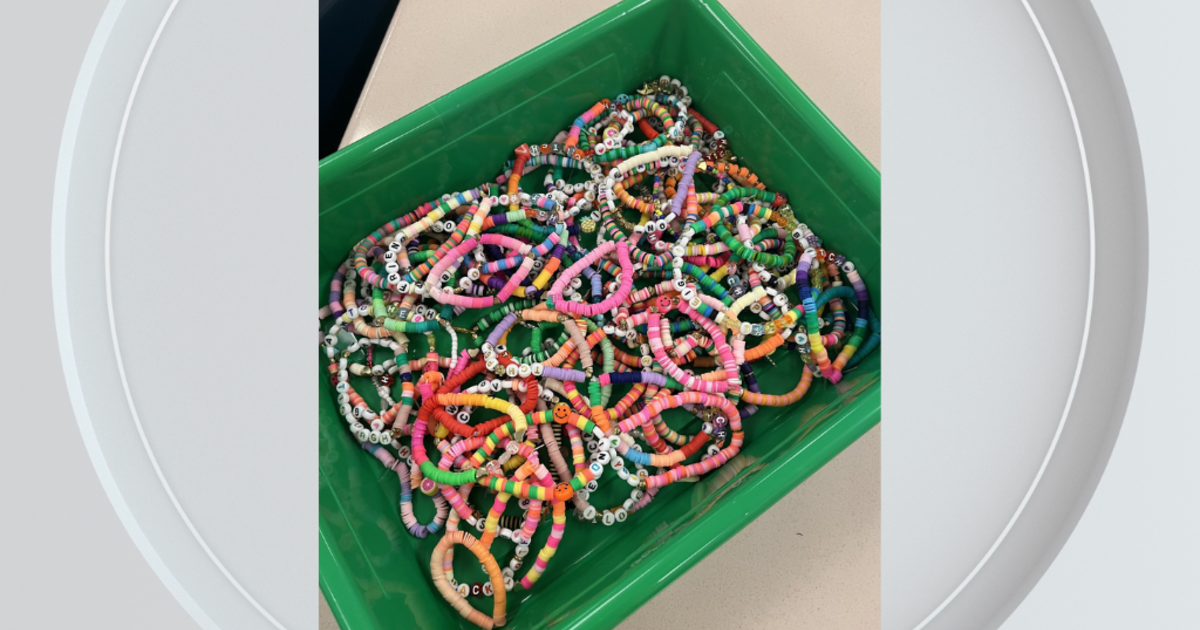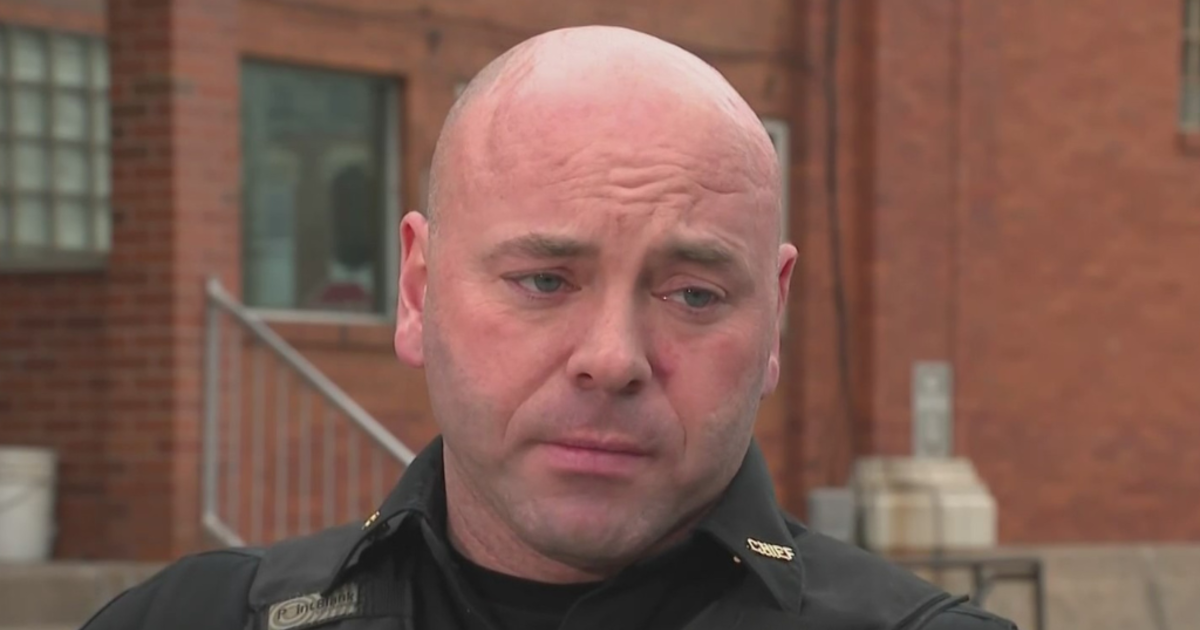CMU Researchers: Twitter Bots May Be Responsible For Half Of Reopening America Tweets
OAKLAND (KDKA) -- Researchers at Carnegie Mellon University say that bot campaigns are dominating many online conversations about the coronavirus.
According to CMU, researchers have been studying bot activity related to the pandemic since January. Based on the data they collected, they say about 82 percent of the top 50 influential retweeters are bots and 62 percent of the top 1,000 influential retweeters are bots.
"We're seeing up to two times as much bot activity as we'd predicted based on previous natural disasters, crises and elections," said Kathleen Carley, a professor in the School of Computer Science's Institute for Software Research and director of the Center for Computational Analysis of Social and Organizational Systems and Center for Informed Democracy & Social - Cybersecurity.
Experts at CMU say there are a variety of driving forces for this increase. Since COVID-19 is a global pandemic, more bot accounts are active in multiple countries. With more time at home, developers can create more bots and even hire firms to create more sophisticated kinds of bots.
According to CMU, bots have been driving conversations on Twitter about lifting restrictions in the United States. CMU said their research found 66 percent of tweets with bot activity have had human assistance, and bots have been able to generate their own tweets as well.
Bots have reportedly spread misinformation over the months about COVID-19 cures, 5G towers' involvement in causing the virus and a number of other false claims.
"Conspiracy theories increase polarization in groups. It's what many misinformation campaigns aim to do," Carley said. "People have real concerns about health and the economy, and people are preying on that to create divides."
Since there is no simple way to stop bot activity, CMU researchers advocate for social media users to closely examine the content they are reading before believing it.
"Even if someone appears to be from your community, if you don't know them personally, take a closer look, and always go to authoritative or trusted sources for information," Carley said. "Just be very vigilant."



